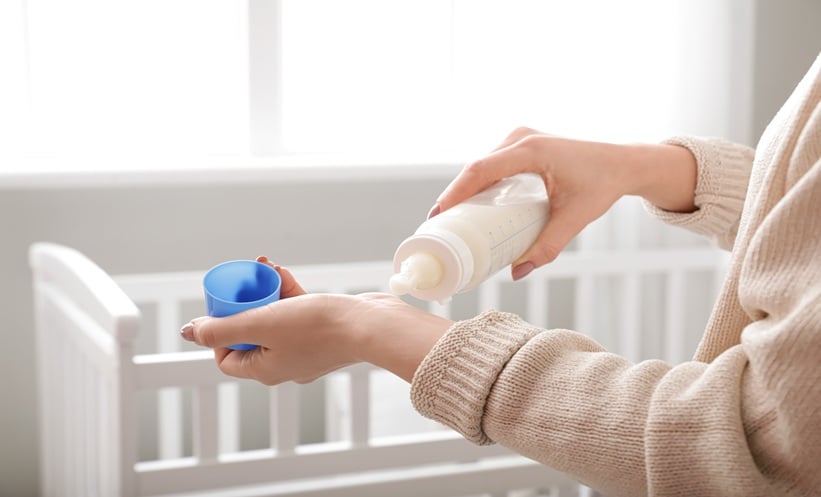Thermostatic Feeding and Necrotizing Enterocolitis
NECROTIZING enterocolitis (NEC) remains one of the most severe gastrointestinal disorders affecting very preterm infants. Researchers are now investigating whether maintaining milk at a constant warm temperature during feeding could reduce NEC risk and improve overall outcomes in neonatal care.
This randomized controlled trial focuses on infants born before 32 weeks of gestation admitted to neonatal intensive care units. Participants are randomly assigned to receive either thermostatic milk feeding, where milk is kept at a consistent temperature throughout the feeding process, or standard feeding, in which milk cools to room temperature before administration. Both breast milk and formula are included in the study following clinical guidelines.
Study Design and Objectives
The trial’s primary objective is to determine whether thermostatic feeding reduces the incidence of Stage 2 or higher NEC. Secondary outcomes include evaluating the rates of bronchopulmonary dysplasia, retinopathy of prematurity, intraventricular hemorrhage, feeding intolerance, and late-onset sepsis, as well as assessing growth markers such as weekly weight gain and time to achieve total gastrointestinal nutrition.
Researchers hypothesize that minimizing cold stress through thermostatic feeding may protect immature intestinal tissue, reduce inflammation, and enhance digestive efficiency. This could lead to fewer complications and faster nutritional progress among preterm infants.
Potential Clinical Impact
If successful, the findings may reshape neonatal feeding practices by establishing optimal milk temperature as a key component of early care protocols. Such guidance could contribute to lowering NEC incidence, improving feeding tolerance, and supporting healthy development in very preterm infants.
Reference: Liu X et al. Milk temperature reducing necrotizing enterocolitis in very preterm infants: study protocol for a randomized controlled trial. BMC Pediatrics. 2025;25(1):782.








